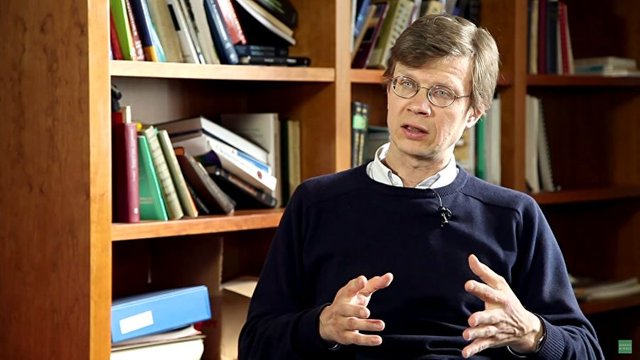Created the first 51-Kubany quantum computer

In the framework of the International conference on quantum technologies ICQT-2017, which is held under the auspices of the Roman Catholic Church in Moscow, Professor at Harvard University, co-founder of the Russian quantum center (RCC) Mikhail Lukin said that a group of Russian and American scientists working at Harvard under his leadership, created and tested the world's first quantum computer, consisting of 51 of a qubit is the most sophisticated computer system available today.
Quantum computers - a special computing device whose power is growing exponentially due to the use of the laws of quantum mechanics in their work, are composed of qubits of memory cells and at the same time primitive computational modules that hold a range of values between zero and one.
Develop such devices, classical or adiabatic method. Supporters are trying to create the first universal quantum computer, the qubits which would be subject to the rules, which are conventional digital devices. It is similar to the way engineers and programmers control the computers. Adiabatic computer easier to create, but it is closer to the principles of their work to the analog computers of the early XX century, and not to the traditional digital devices.
In 2016, several teams of scientists and engineers from U.S., Australia and several European countries have declared that they will create such a machine in the near future. So, the team John Martinis of Google has developed an unusual "hybrid" version of the universal quantum computer, which combines elements of analog and digital computation.
Physicist Lukin and his colleagues at the RCC and Harvard bypassed the Martinis group, which is working on a 22-cubitas computers using superconductors as scientists from Google, and exotic "cold atoms".
So, a group of Lukin found that a collection of atoms, held inside a special laser cell and cooled to very low temperatures, can be used as qubits of a quantum computer that preserves stability when a large set of conditions. This enabled physicists to create today, the biggest quantum computer-51 of the qubit.
Using a set of such qubits has been solved several physical problems, it is extremely difficult to simulate using the "classical" supercomputers. The scientists were able to calculate the behavior of large cloud particles, related to each other, to detect previously unknown effects inside it. It turned out that the attenuation of excitation in the system can be kept indefinitely in fact, some types of oscillations, as previously scientists had no idea.
This was developed for a special algorithm, allowing to carry out similar calculations in a very rude form on the desktop. The results generally coincide, it is confirmed that the 51-Kubina system, researchers from the Harvard works in practice.
The team plans to continue experiments with a quantum computer. According to Lukin, they will try to run famous quantum algorithm is Shor, which allows you to hack most of the existing encryption systems based on the RSA algorithm. The results of the work of a quantum computer have already been described in a refereed scientific journals.
@elements
Good Post!
Thanks for sharing.